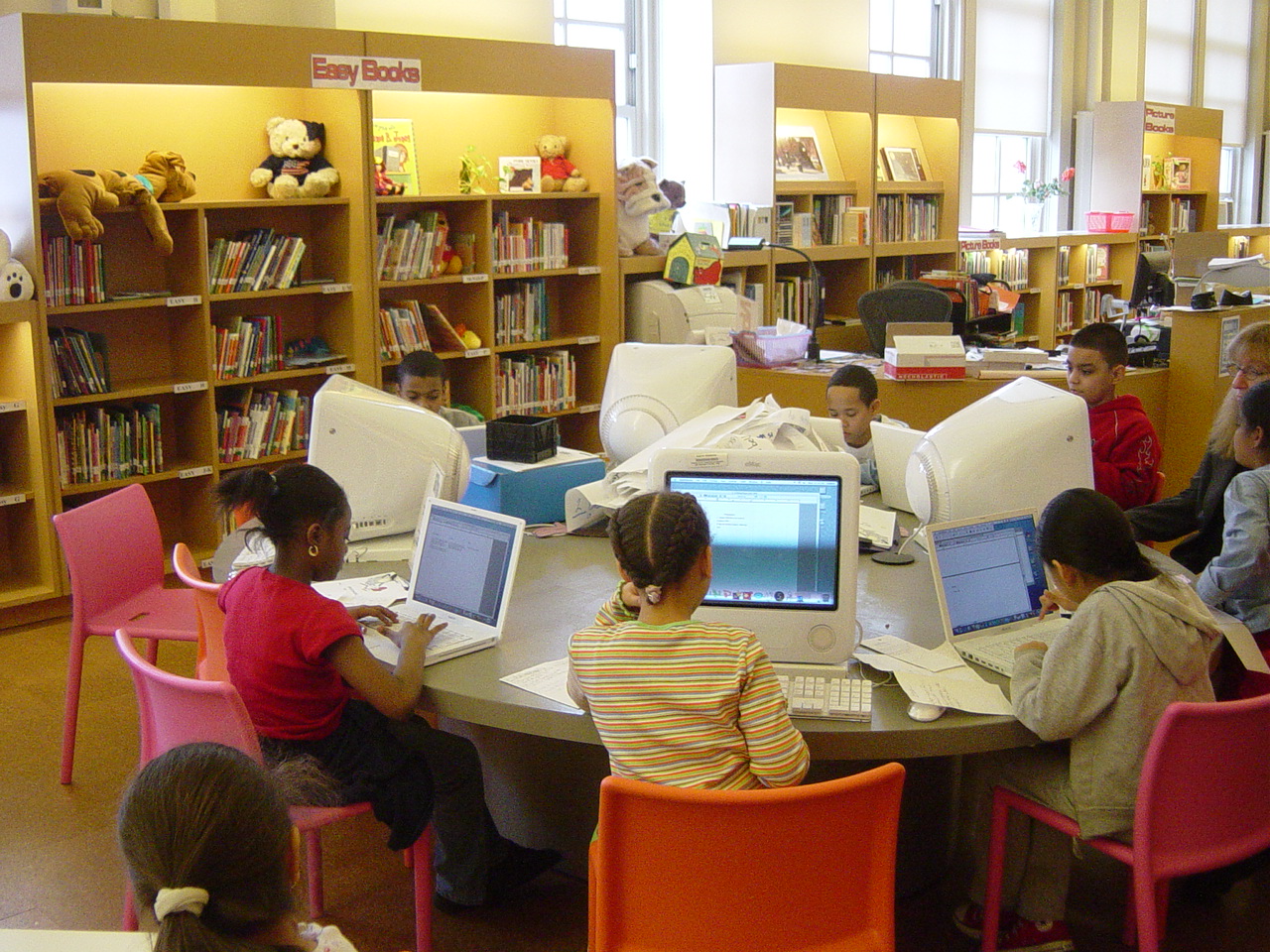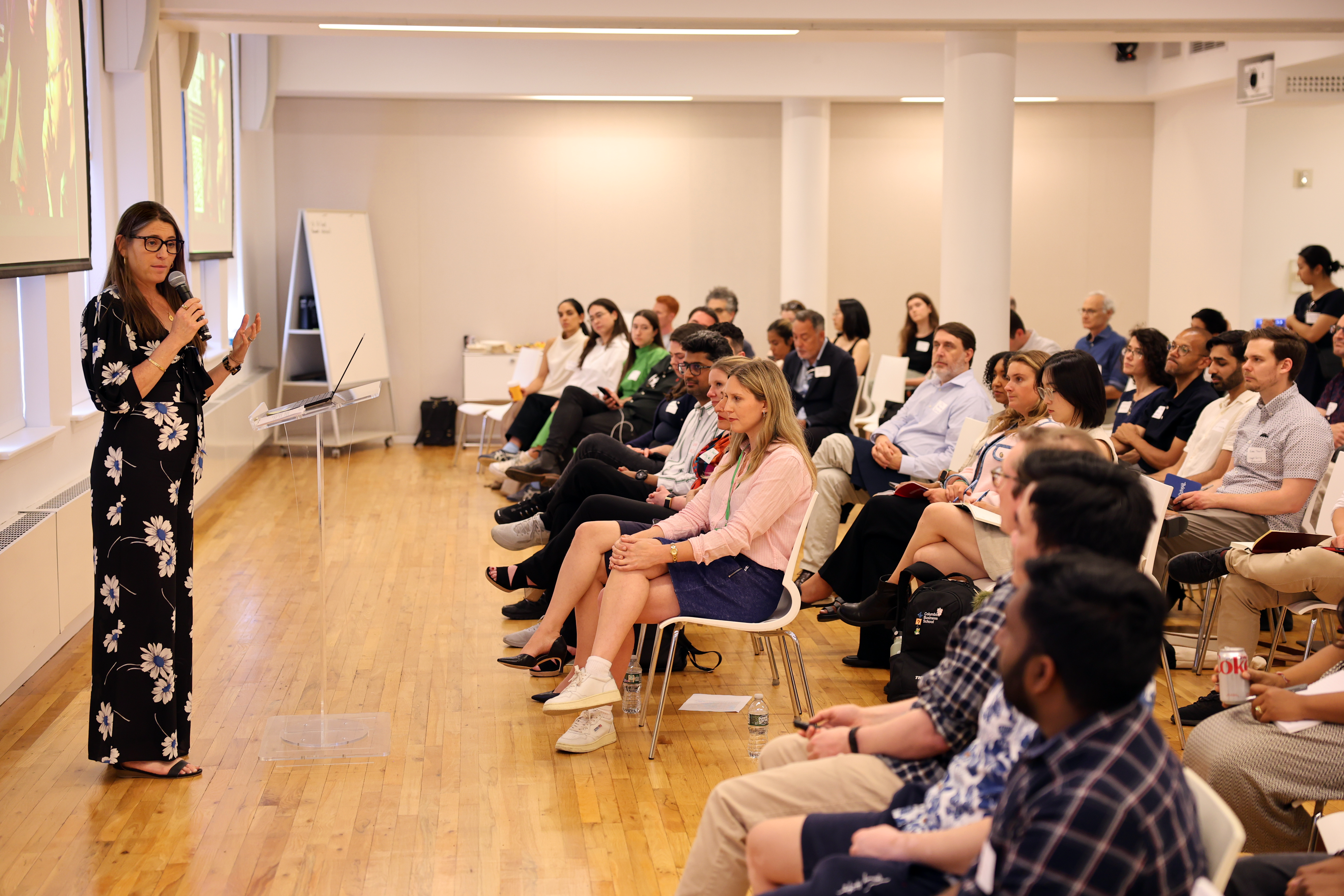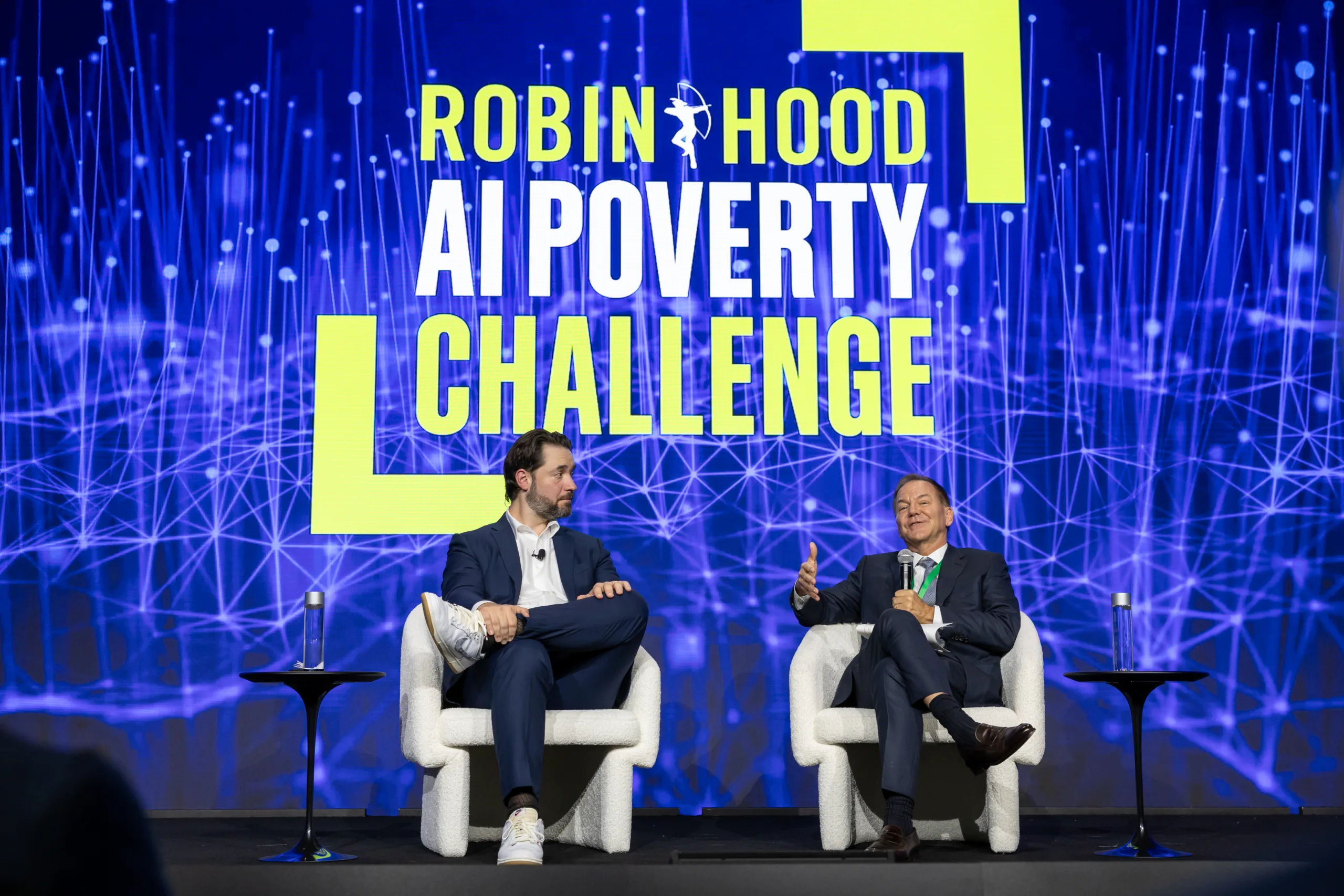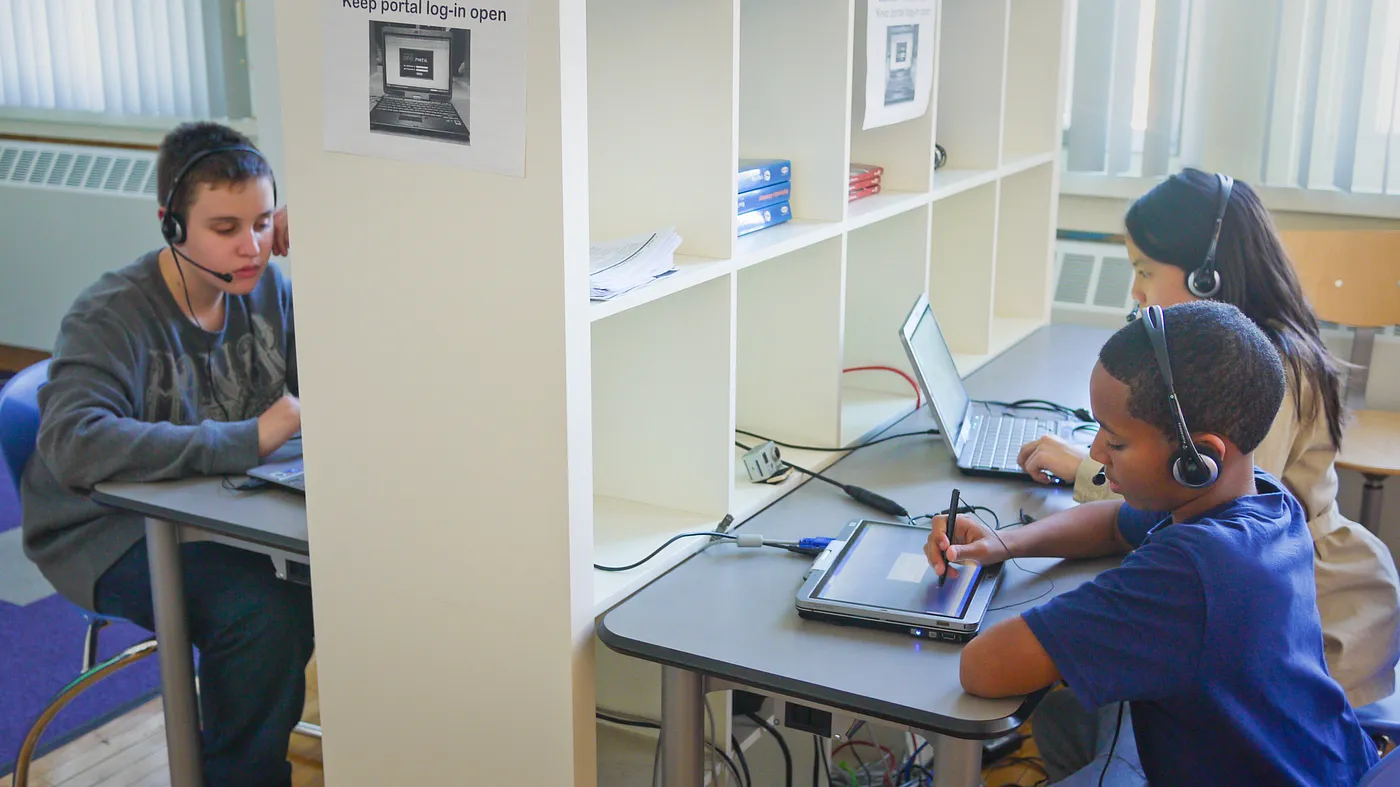Oct 26, 2023
Preparing Our Children for the AI-Driven World
Why computational thinking must be a universal priority
By Amber Oliver, Managing Director, Robin Hood Learning + Technology Fund
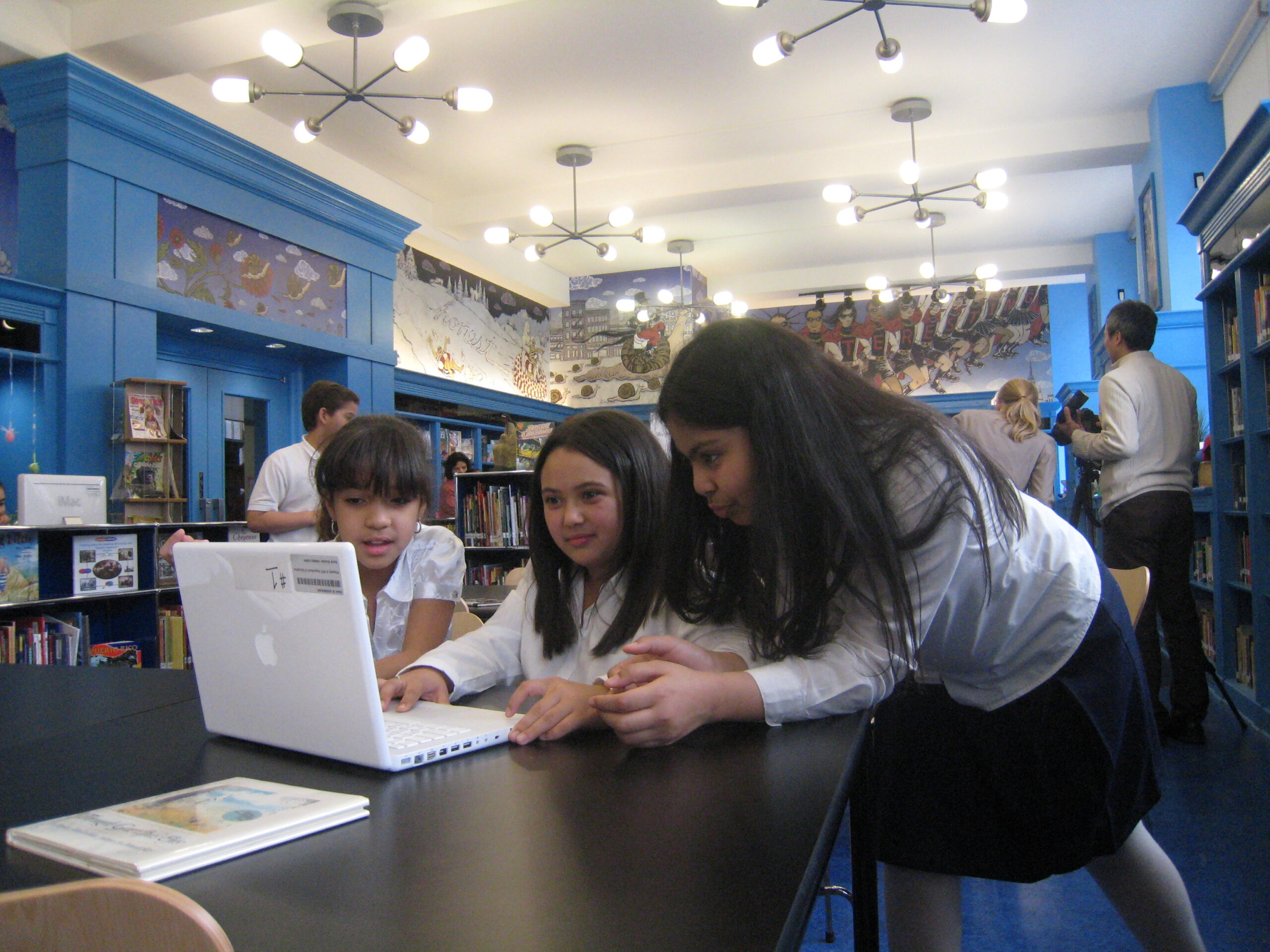
Computational thinking—the ability to ask questions and solve problems with computers—is an essential skill in today’s digitally-driven world, and even more so with the advent of generative artificial intelligence (AI).
AI has the potential to be game-changing for American workers and our economy; it stands to increase productivity, raise wages, and improve our standard of living. AI’s promise could springboard low-income Americans trapped in low-paying jobs into the middle class.
Achieving this vision requires all students to master both the fundamental skills of reading, writing, and math (necessary for personal and professional success in any career) and computational thinking. Students with these skills will be able to use AI effectively; they’ll know how to craft a good question or prompt, discern quality output through pattern recognition, identify and fix errors, think logically and algorithmically, and problem-solve alongside the technology.
Tech skills with a basis in computational thinking are highly sought after by employers; NYC’s rapidly developing tech industry added more than 114,000 new middle- and high-wage jobs since 2010—more than any other sector of the city’s economy, even after a period of layoffs. And these positions pay more, too—tech jobs account for nearly all of the fastest growing industries that pay at least $80,000 annually.
But students cannot master computational thinking skills if teachers don’t already possess these skills. That’s why the Robin Hood Learning + Technology Fund works with partners like the Computing Integrated Teacher Education (CITE) program at the City University of New York (CUNY) to train new teachers, with a goal of all 6,000 newly certified teachers graduating CUNY being computationally fluent by 2025. Empowering teachers with these skills ensures that students will be prepared to thrive and compete.
When it comes to results, the data speaks for itself: new research from the Center for an Urban Future suggests that major expansion of the CUNY CITE teacher-training strategy could make it possible for all one million New York students to graduate with a working proficiency of the computational thinking skills necessary to succeed in an AI-driven workforce within one generation’s time. That would be life-changing for all students, but especially for low-income students that make up the majority of students attending New York City public schools.
